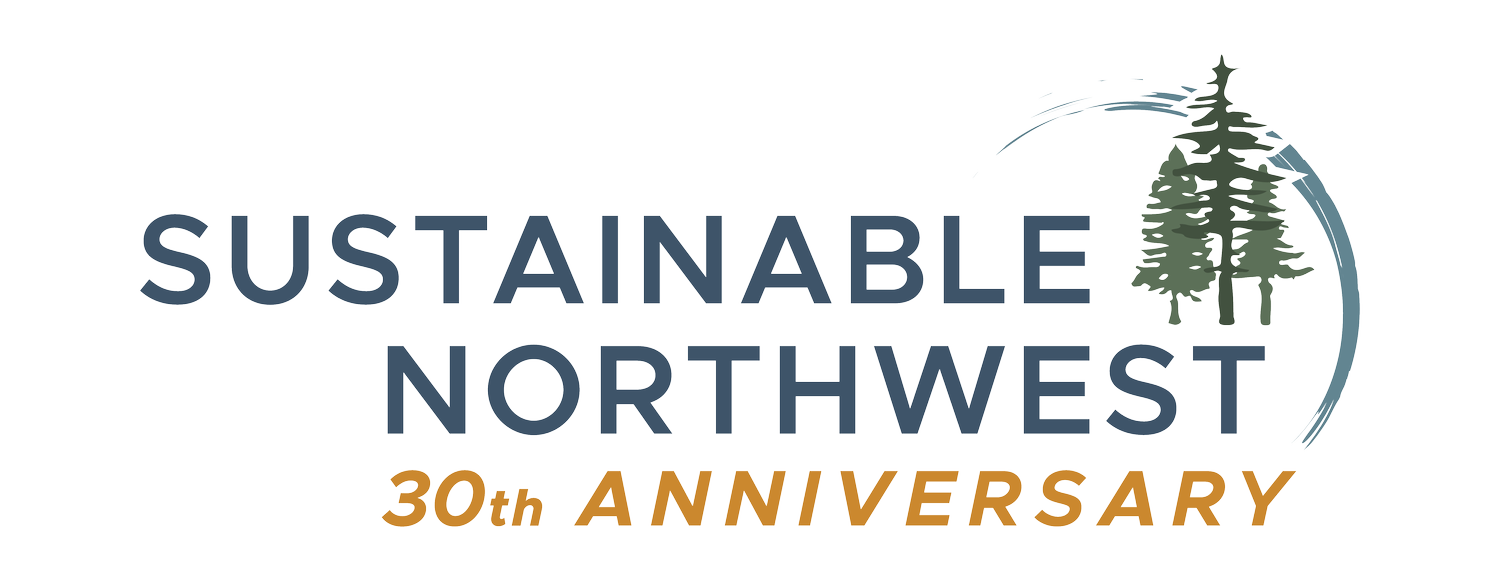Our Focus
Natural resource solutions for nature, people, and local economies
We partner with communities throughout the Northwest on projects that promote smart water use, clean energy, and healthy forests, farms, and ranches.
Our solutions are as unique as the problems we solve and include entrepreneurship, policy, market innovations, public and private investment, collaboration, and technical assistance – but the ultimate success of our work is based on relationships, trust, and inclusion.
Sustainable Northwest was founded in 1994 to forge collaborative solutions for conserving forest and community health. Today, our challenges have multiplied with climate change, catastrophic wildfires, and persistent drought harming our region. Yet we remain optimistic that nature, people, and local economies can thrive together.
DEI STATMENT
To achieve our vision of healthy and resilient communities, strong economies, and a healthy environment, we must place equity at the center of our work. As we emphasize the indivisible link between economy and ecology, we are mindful that our efforts will only prosper through partnerships, programs, and policies that celebrate diversity, inclusion, equity, and justice.
Structural inequities persist to this day, resulting from our long history of institutional racism and policies and practices that excluded black, indigenous, and people of color from opportunities and benefits, such as failing to honor Tribal Treaties, Homestead Act laws, redlining neighborhoods for loans or redevelopment and numerous other policies.
We believe that for our work to be truly equitable, we need to hold our work and partnerships to the same expectations and values we hold ourselves. This requires a concentrated individual and internal organizational effort that includes ongoing assessments of our internal policies and work environment, road maps for approaching partnership and project opportunities, and continued professional development opportunities for staff.
We commit to:
Supporting economic opportunities that benefit challenged communities and setting small businesses up for success in competitive markets,
Advocating for policies that maximize benefits to local communities and underserved populations,
Convening and assisting collaborative processes that elevate diverse perspectives and resetting the table when power imbalances are recognized,
Enhancing the capacity of rural, place-based organizations,
Constant learning, listening, and course corrections.

